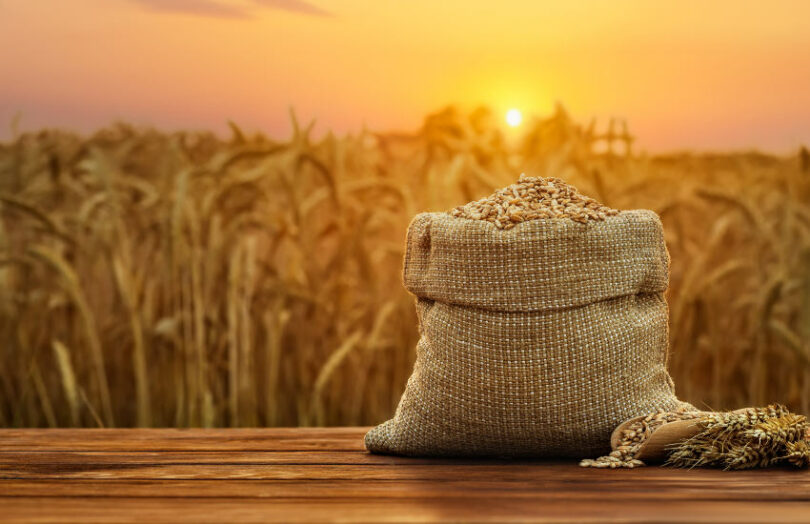Today Texas-based GrainChain announced a $29 million funding round. This includes $10 million from Overstock, which provided GrainChain’s Series A and B funding through Medici Ventures. The Medici fund is now managed on behalf of Overstock by Pelion Venture Partners, which committed another $10m from its own funds. Brigham Young University’s Cougar Capital was one of the other funding participants.
GrainChain provides a suite of solutions to farmers and buyers, most of which are based on blockchain and smart contracts. That includes tracking data from seed to harvest, inventory management, logistics and transaction management.
“2022 was a breakout year for GrainChain in many ways,” said GrainChain CEO and Co-Founder Luis Macias. “We saw explosive growth as our transaction platform, Trumodity, became fully integrated with banking systems in Latin America and when we launched liquidity programs with coffee producers in Mexico and Central America.”
Many of its tens of thousands of users are small farmers in the US or Latin America. They don’t have any technology infrastructure, so the GrainChain system automates data collection through IoT and mobile apps that can work offline.
GrainChain is essentially a data collection system. Farmers are incentivized to collect data if they know they can receive more money, for example, by proving that the commodity is sustainably sourced.
But once the data is there, it lowers risks for bankers who might lend to the farmer or insurers who provide cover. One of the visions that drives GrainChain is to enable farmers to get a loan or insurance in minutes.
Brian Humphreys, the President of Rio Bank, a local Texas bank where farmers use GrainChain, commented that “farmers just want a guarantee that they’re going to get paid. Period. “
Farmers aren’t waiting 60 days after they deliver the grain to the silos to get paid. Either the payment is immediate, or the payment date is automated using smart contracts.
Having seen the real world use can in action with GrainChain, Humphreys believes blockchain is coming to banking sooner rather than later.
GrainChain is not alone in deploying blockchain in agriculture. Ripe.io provides a traceability solution and Agrotoken tokenizes commodities in South America. The really big player is Covantis, a consortium backed by seven of the world’s largest agribusinesses, including Cargill, Bunge and ADM.






